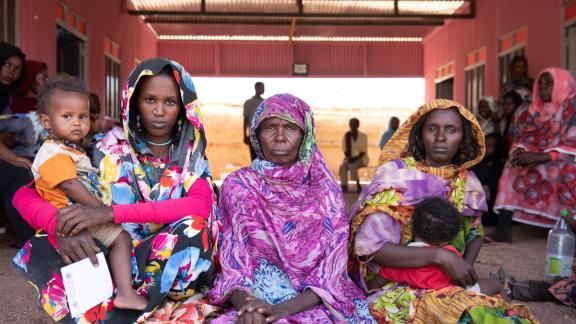The civil war in the Tigray region of Ethiopia began in November 2020, causing tens of thousands of people to flee. There are currently over 21,000 refugees in Um Rakuba camp, where the Sudan Family Planning Association (SFPA) has established a sexual and reproductive healthcare clinic for refugees and the host community. Community mobilizers visit the camp daily to let women know about the clinic, which provides pregnancy testing, pre- and post-natal care (including ultrasounds), HIV and STI testing and care, and both long and short acting contraceptives.
This collection of portraits captures the strength, grace, and dignity of the women, despite the horrendous trauma they have experienced and the circumstances they now live in.
Photography ©IPPF/Hannah Maule-Ffinch.
Kalhoum
Kalhoum, 25, is the mother to one month old Marion. She fled the war in Northern Ethiopia with Marion and her other two children to safety across the Sudan border. She travelled with her extended family, who now all work day and night, seven days a week, as casual laborers just outside the refugee camp.
“We are tired from working all the time,” she said. She now lives in the Um Rakuba refugee camp and is pictured here in the Sudan Family Planning Association (SFPA) healthcare clinic.
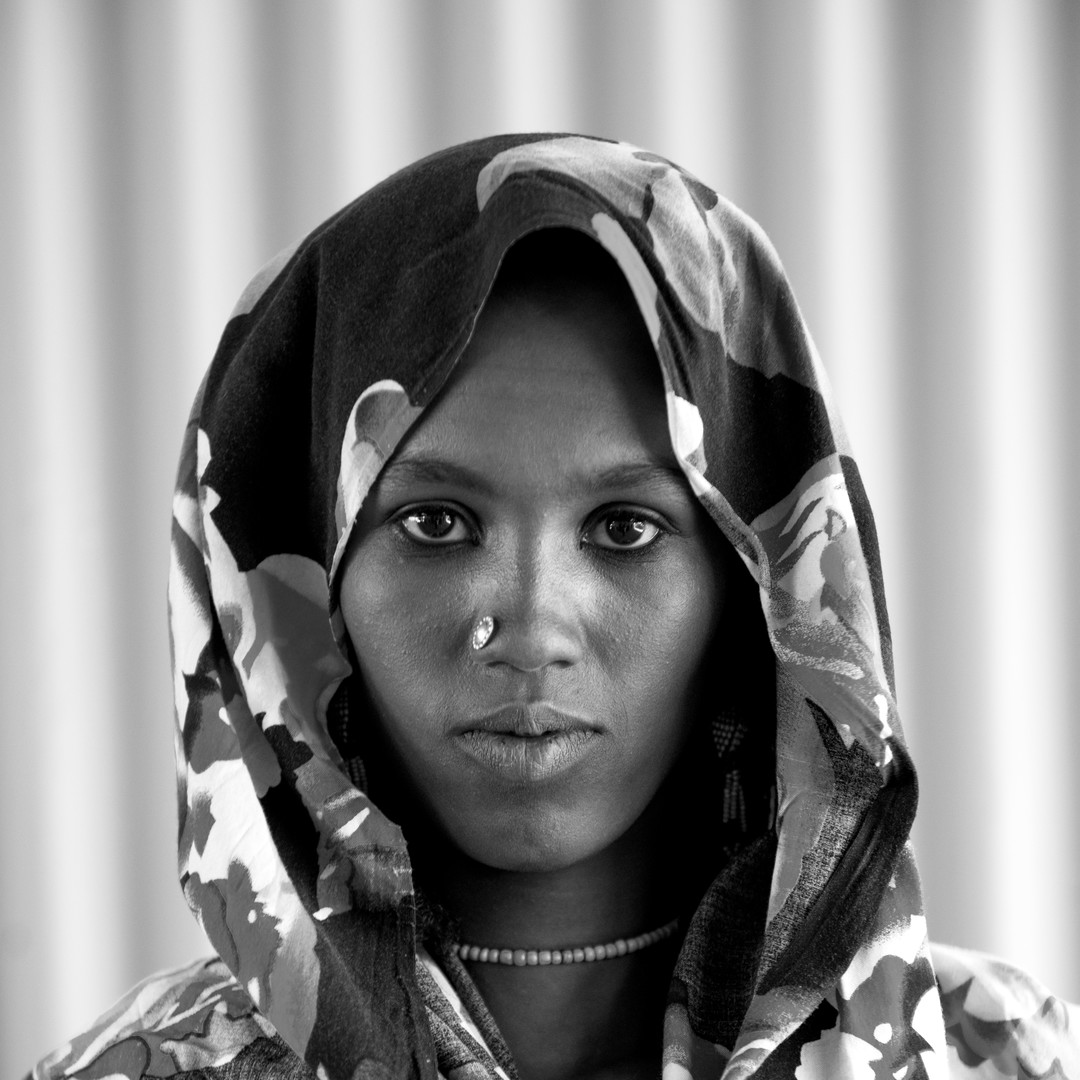
Gerges
Gerges, 25, is a mother to two-year-old twins and is currently five months pregnant. When fighting broke out in her hometown in Northern Ethiopia, she was forced to flee with her young children and elderly father, who is blind. She is receiving ante-natal care from the Sudan Family Planning Association clinic.
“Refugees suffer from walking a long distance and require urgent health intervention - especially pregnant women. Before the war, we ate good food and always had water. Now we are suffering in the camp. There is such a difference between our lives before and now. If there was a chance to return to Tigray, I would return immediately.”
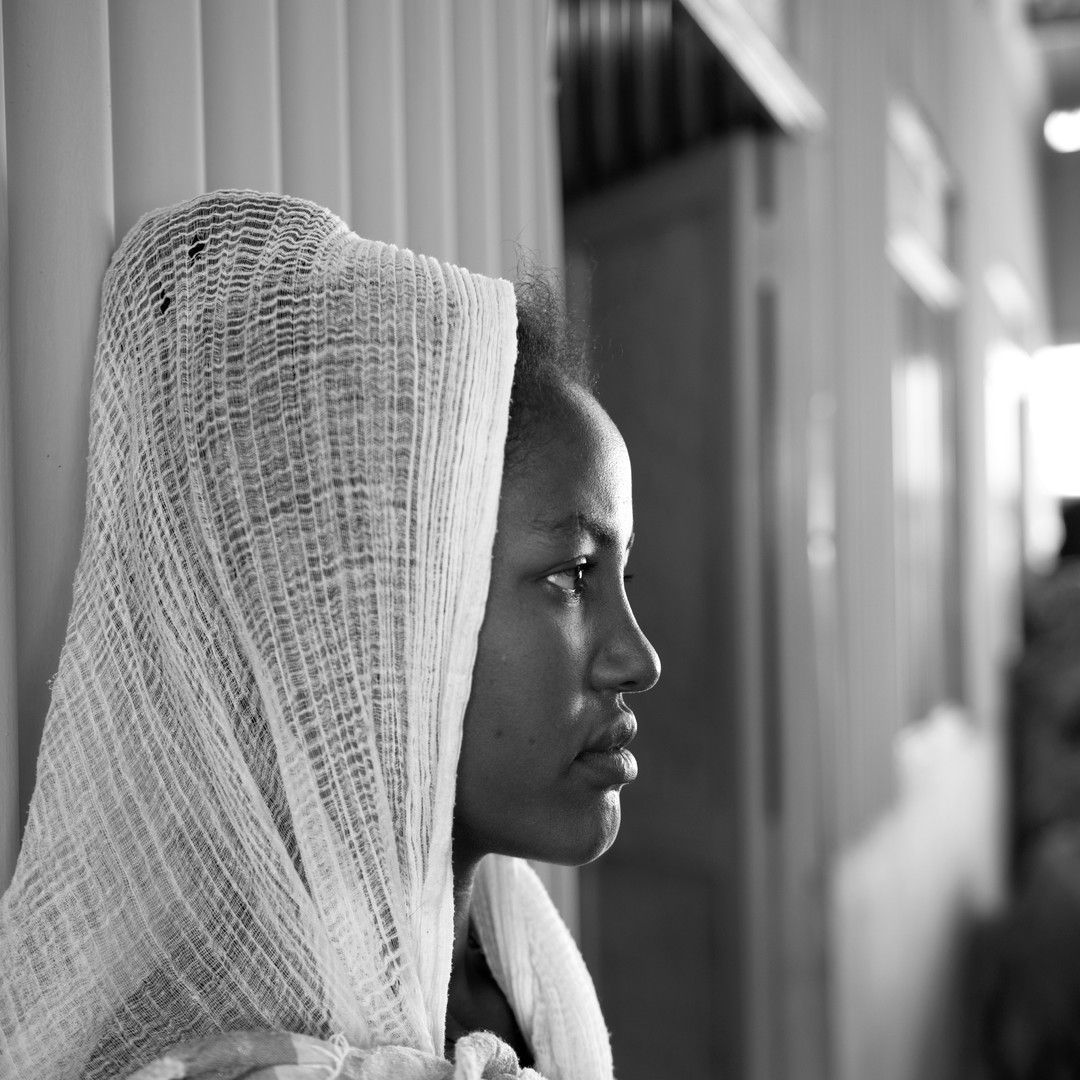
Amona
Amona, 30, is currently seven months pregnant. Since fleeing the war in Northern Ethiopia she now lives in the Um Rakuba refugee camp. Coupled with the emotional stress and trauma, many refugee women from Tigray travel a long distance pregnant or with young children with no access to clean water, safe shelter, food, and vital medication.
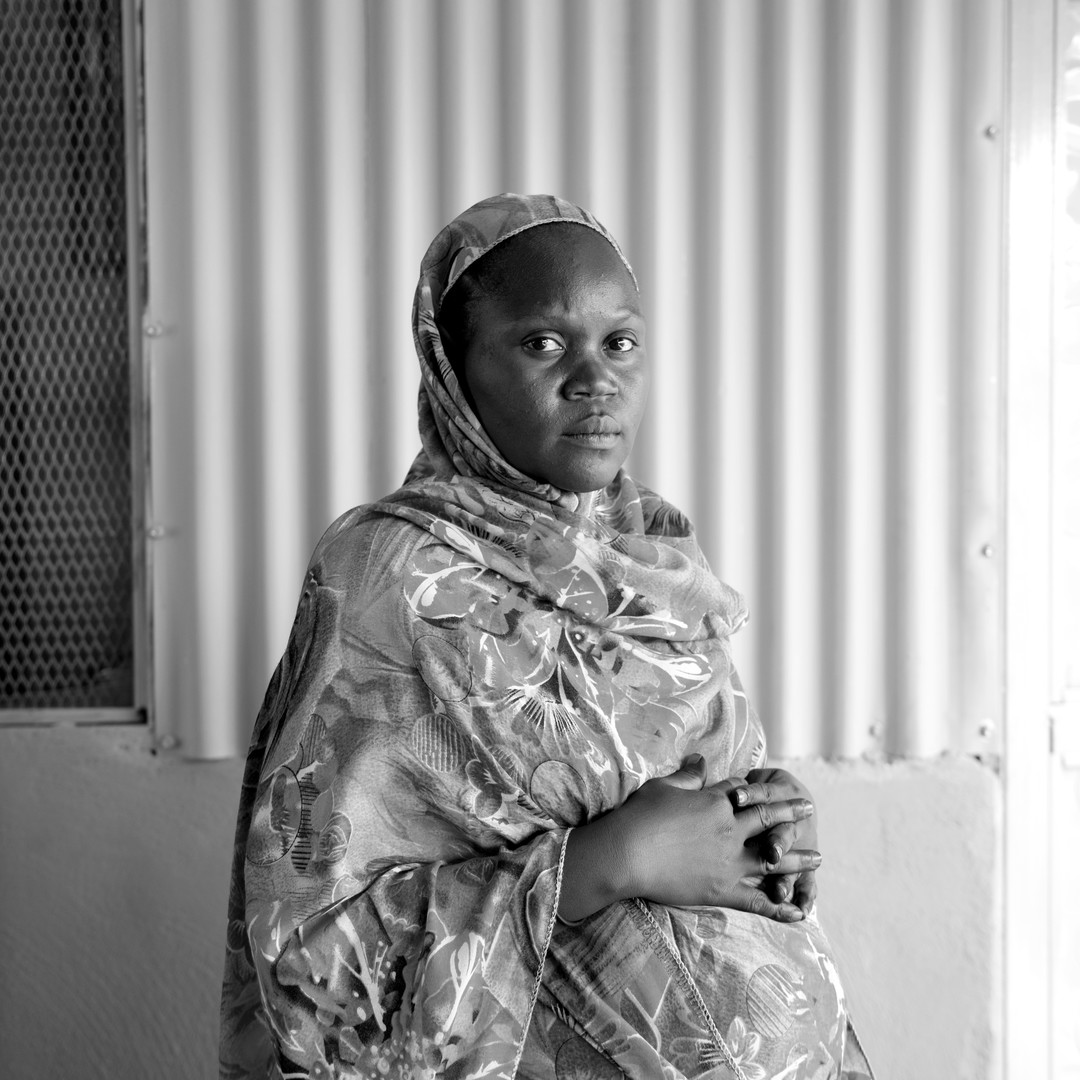
Seley
Seley, 30, arrived from Northern Ethiopia to Um Rakuba refugee camp just one week ago. As one of the newest arrivals to the camp, her family are housed in a UNCHR tent until more permanent housing can be arranged. Her daughter, Lydia, is four years old and Seley is seven and a half months pregnant. She has been attending the Sudan Family Planning Association healthcare clinic for pre-natal care and ultrasounds.
“When the war started, we couldn’t stay. So, we crossed the border into Sudan. I was worried about travelling whilst heavily pregnant. We travelled by bus, but it wasn’t comfortable and was very bumpy. I could feel the baby moving down and I couldn’t walk. I came to the clinic to make sure I and the baby are still safe. We both are, thank God.”
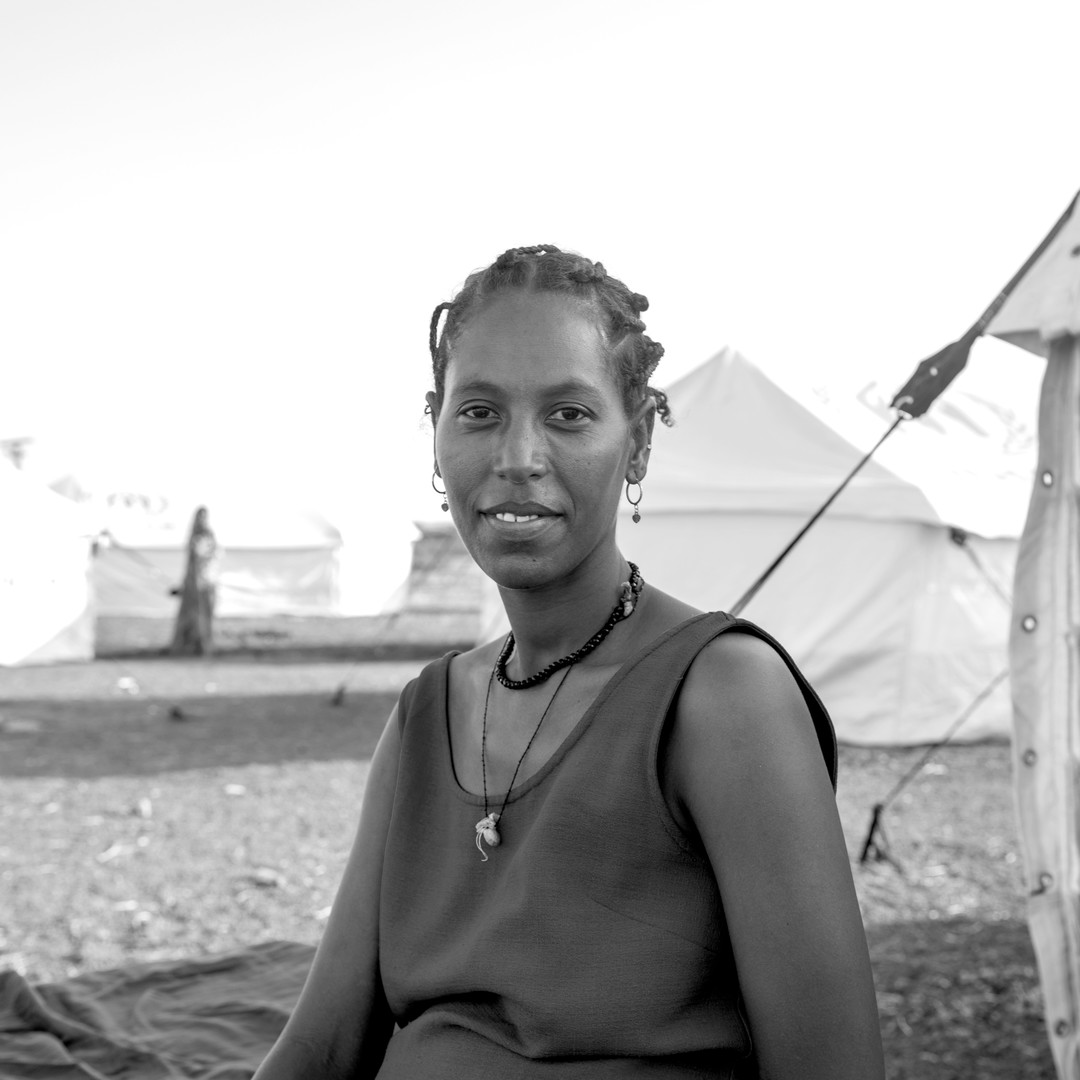
Letenza
Letenza, 27, is a refugee from Northern Ethiopia, and currently two months pregnant and has a five-year-old son. Her husband has since returned to Ethiopia, so she is alone in the refugee camp with little resources to be able to care for a new baby. She needed psychosocial counselling and advice on her options regarding the pregnancy.
“I can’t take care of my son and a new baby alone”, she said. “It’s not that I don’t want the baby due to not loving it but there is nothing to eat, we live in poverty.”
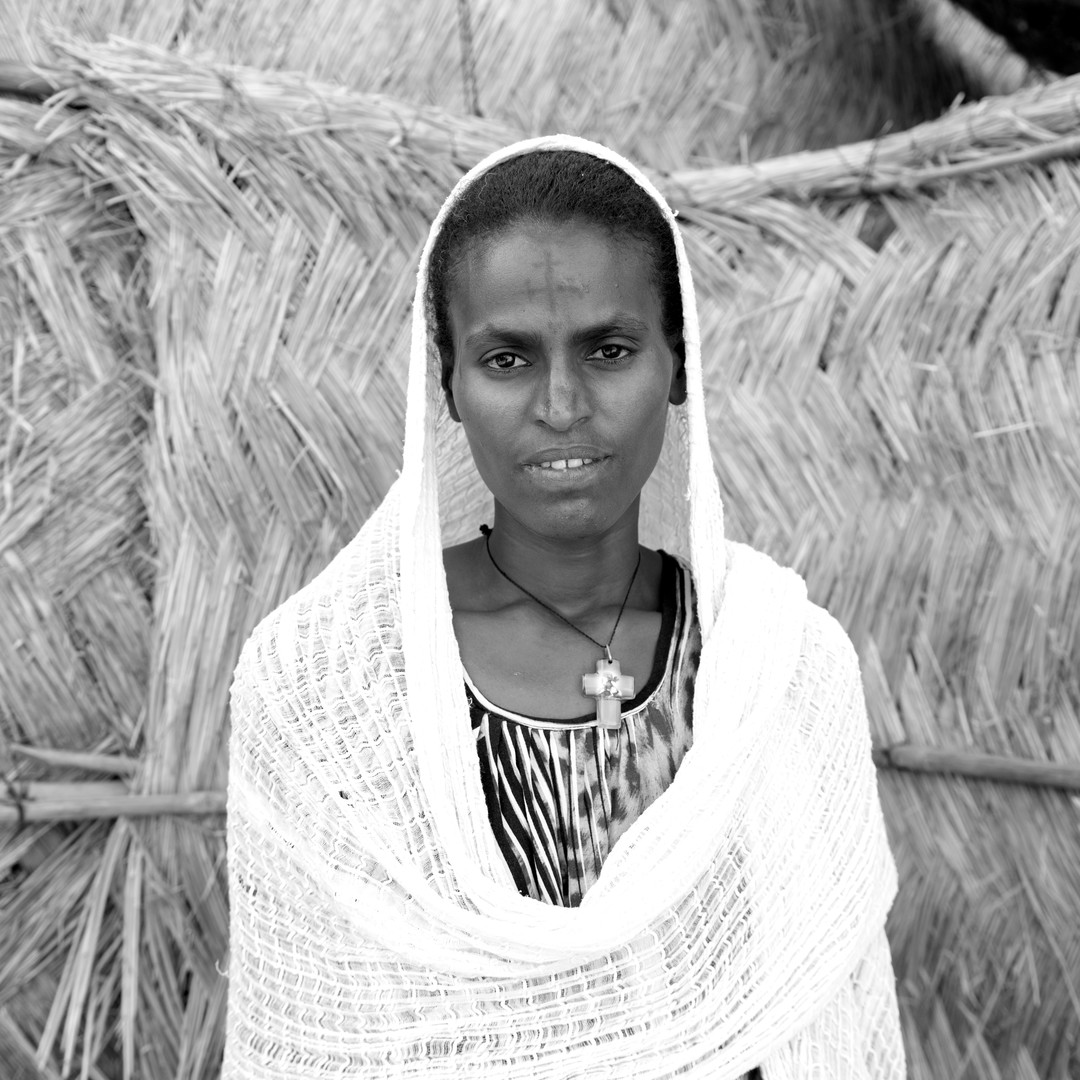
Trahas
Trahas, 19, arrived in Um Rakuba refugee camp a year ago. When the civil war in Ethiopia began, Trahas lived a relatively “normal life” in Ethiopia. She loved hanging out with her friends, and socialising. To earn a living and support her family she moved to Humera, selling tea and coffee to the locals. At the onset of the crisis, Trahas fled with a friend heading for the Sudanese border, leaving her family, and loved ones behind. During the war many families are separated, and Um Rakabu refugee camp is saturated with young people like Trahas who fled the war alone. She has been attending the Sudan Family Planning Association clinic.
“I came here for ante-natal care and was referred to MSF where I delivered my baby and returned to SFPA for post-natal care. My partner and his mother abandoned me shortly after I gave birth, and I was afraid to be a single parent with no support. My neighbours in the camp check on me, and when I come to SFPA I am happy with the medical services I receive.”
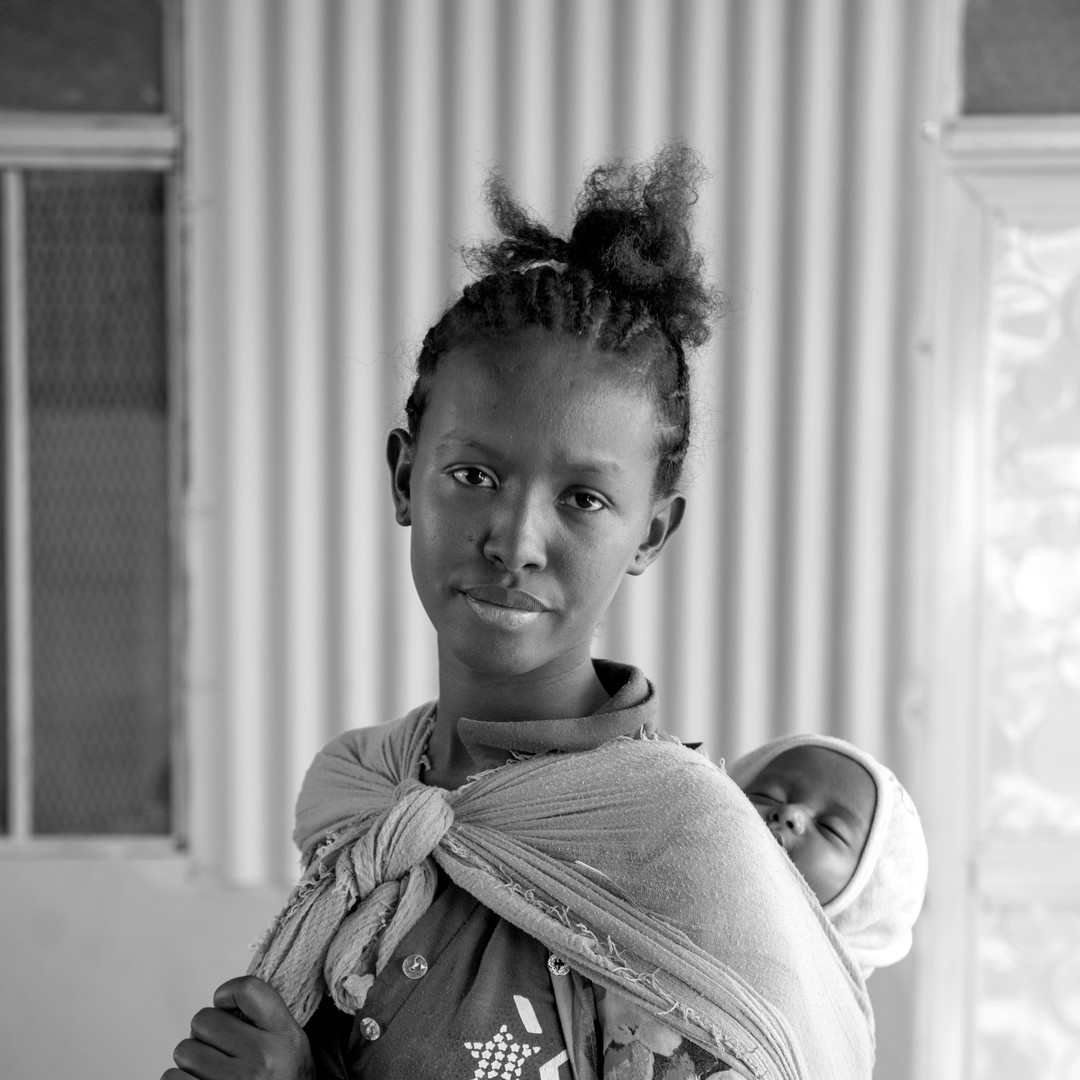
Fatima
Fatima, 27, is Kalhoum’s cousin and fled the war in Ethiopia with her extended family reaching safety across the Sudan border. Every family member received advice and care from SFPA’s healthcare clinic.
Famous for its welcoming pink walls, SFPA’s clinic is integral to the Um Rakoba refugee camp. Meeting the immediate needs of refugees and host communities in the surrounding areas has been SFPA’s priority. Through it's dedicated team of clinicians and community mobilizers it has provided critical sexual and reproductive healthcare and counselling to 7,488 clients.
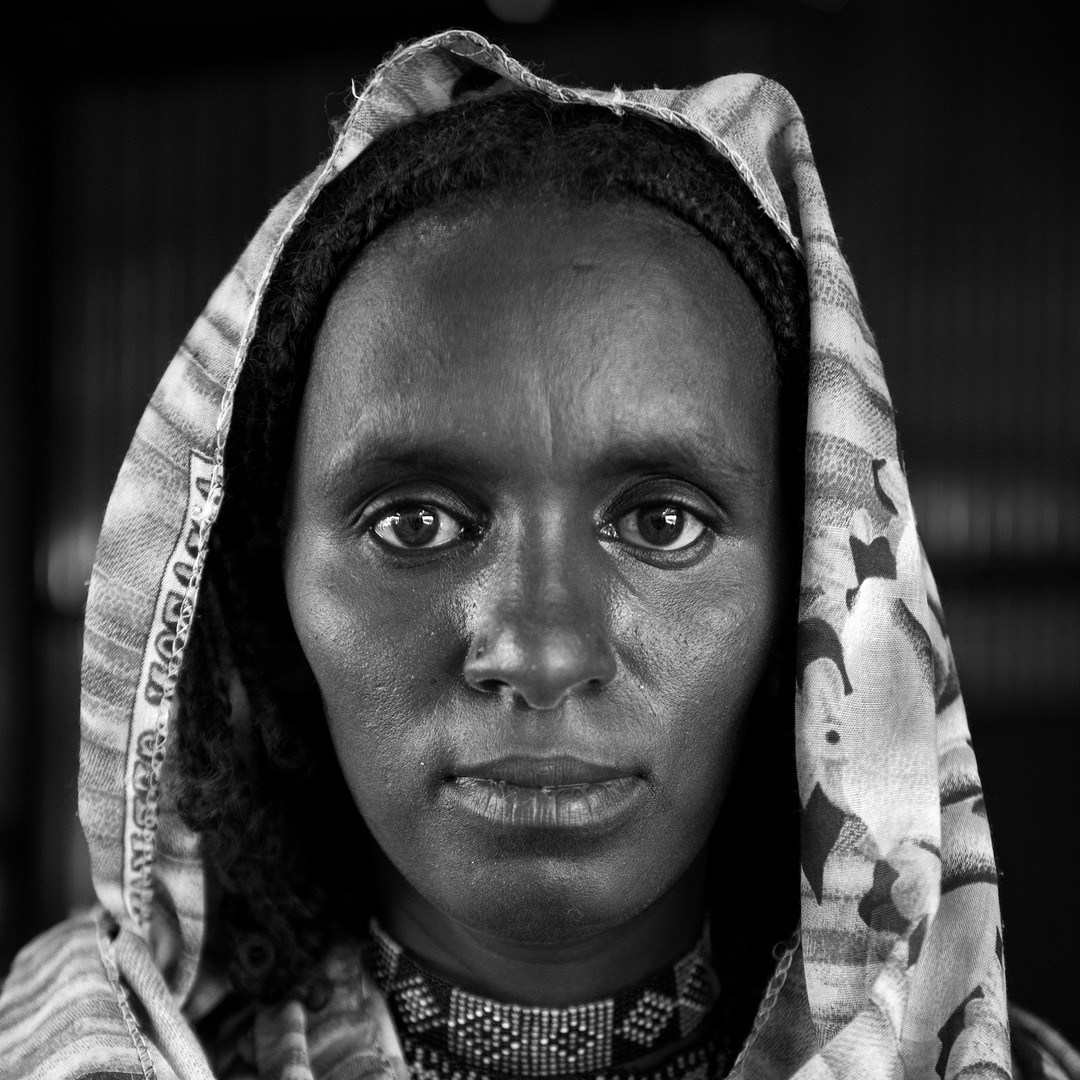
when
country
Sudan
Subject
Humanitarian
Related Member Association
Sudan Family Planning Association







